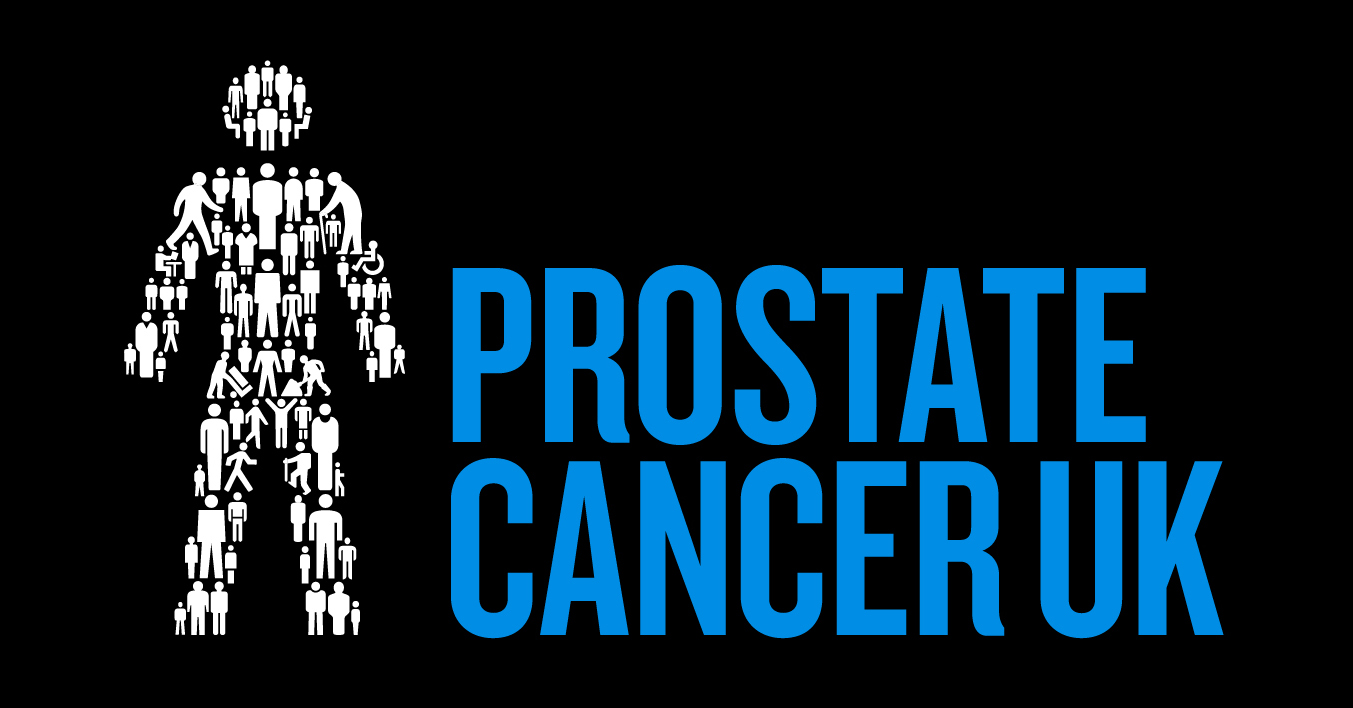At Club Insure, we are celebrating Pride 2021. We also hold a strong partnership with Prostate Cancer UK.
We spoke to Prostate Cancer UK Specialist Nurse, Emma Craske. She tells us the top 5 things you need to know about prostate cancer if you’re a gay or bi man or a trans woman. Anyone with questions or concerns can call Emma and the team on 0800 074 8383 or visit prostatecanceruk.org/nurses.
FACT 1: Prostate cancer doesn’t discriminate
1 in 8 men will get prostate cancer in their lifetime, and the risk is double if you’re black. Risk also increases with age, and you are at higher risk if a member of your direct family has had the disease.
Being gay, bisexual, or having anal sex doesn’t increase your risk, or change the treatment you’d receive. But whatever your sexuality or gender identity catching prostate cancer earlier means it is easier to treat. That’s why it’s always important to know your risk.
Prostate Cancer UK’s 30 second online risk checker can help you understand whether you are at risk, and what you should do about it. You can find it at prostatecanceruk.org/riskcheck.
FACT 2: It’s not just men that get prostate cancer
Anyone with a prostate can get prostate cancer. This includes trans women, non-binary people who were assigned male at birth and some intersex people.
The prostate isn’t removed during gender affirmation surgery so trans women will have a prostate even after surgery. We also don’t fully understand the impact of taking hormones, although the chance of getting prostate cancer is likely to be lower if you’re taking feminising hormones, testosterone blockers or have had the testicles removed.
However, trans women are likely to experience different symptoms to cis men, so it’s still important to think about your risk.
Read more about how prostate cancer can affect trans women and non-binary people on Prostate Cancer UK’s website.
FACT 3: The cancer is the same – but the experience and impact might be different if you are gay, bisexual or trans
Prostate cancer isn’t any different if you’re LGBT+, but the way you experience it can be.
Prostate cancer treatment can have a big impact on your sex life. However, some people aren’t asked about their sexuality or gender identity, or don’t feel comfortable speaking about it to their healthcare team, which can make it difficult to get the specific support they need.
Thankfully, there are now lots of resources and support available. As well as our information for trans women, you can read Prostate Cancer UK’s award-winning information for gay and bisexual men here.
These pages cover many of the specific questions we hear from the LGBT+ community and you can also find links to other support and some top tips on talking to your healthcare team about how to get the help you need.
FACT 4: Keeping that spot as healthy as possible
Although we don’t yet know how to prevent prostate cancer, we do know that we know that men who are overweight are more likely to be diagnosed with aggressive or advanced prostate cancer.
Eating a healthy, balanced diet and keeping physically active can help you stay a healthy weight, and so might help to lower your risk. You can’t change your age, ethnicity or family history, but you can take control of your diet and weight.
Find out more about how a healthy lifestyle can reduce your risk here.
FACT 5: Here’s how you can get support
We know that the LGBT+ community may find it more difficult to access health information and support, but here is a quick run-down of some of the main ways you can get support:
- By speaking to your GP or healthcare professionals: Whether it’s dealing with side effects or questions about your sex life, your healthcare team will be able to offer you treatment and support.
- By calling Prostate Cancer UK’s Specialist Nurses – Our nurses are here for anyone and everyone affected by prostate cancer and can help point you in the right direction.
- By speaking to others with the same experience: You can join Prostate Cancer UK’s online community or our one-to-one support service to speak to other people who may be experiencing the same thing.
Read UK PRIDE Stories
Sally Payne – Sally is a trans woman who was diagnosed with prostate cancer in 2010. She felt her prostate cancer experience differed from the experience of a cis man and is now keen to help raise awareness of the disease particularly for other trans women affected:
Martin Wells – After Martin was initially diagnosed with prostate cancer, he felt he didn’t receive the emotional support he needed as a gay man and so decided to take matters into his own hands:






